It is currently the perfect season for picking summer and Autumn Tea. The Pingwu Modern Agricultural Park for Tea, located in Yilling Village, Doukou Tibetan Ethnic Township, is lush and vibrant. Villagers are busy harvesting fresh tea leaves to supply the production of summer and autumn tea, ensuring every leaf becomes a valuable one, enhancing the industry's benefits and boosting farmers' income.
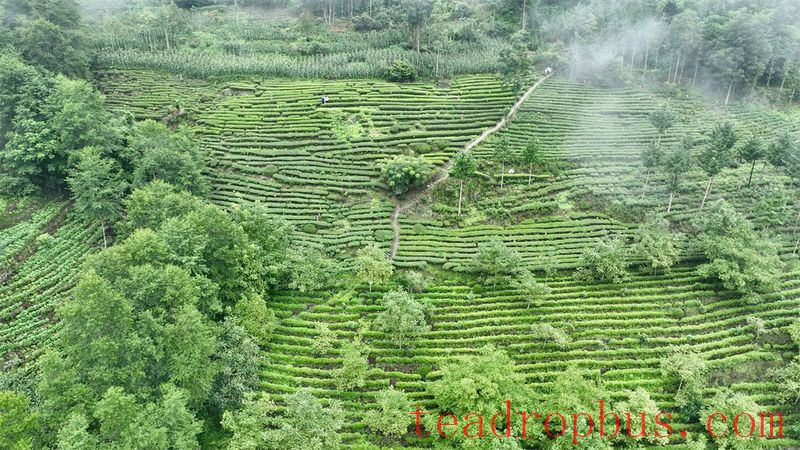
Entering the tea garden, rows upon rows of tea plants undulate with green waves. Villagers operate tea harvesters between the rows; amidst the hum of machinery, freshly picked summer and autumn tea leaves are neatly collected.
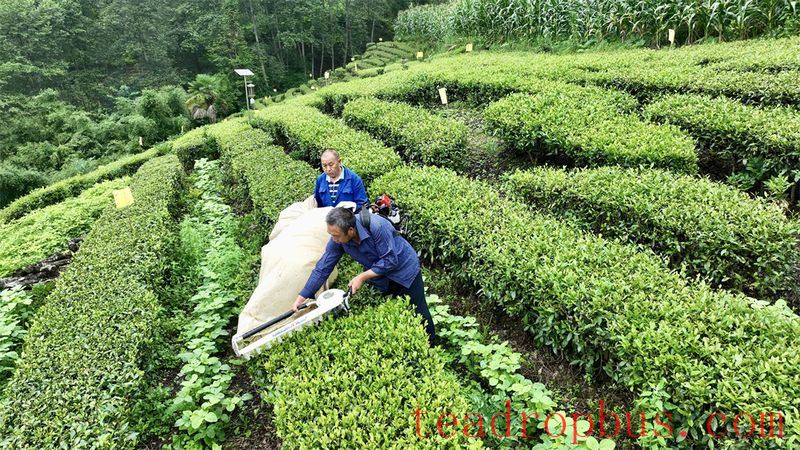
The tea industry is one of the leading agricultural sectors in Doukou Tibetan Ethnic Township. However, most production focused on high-quality Spring Tea, while summer and autumn tea, despite its high yield, was often discarded as “waste leaves.” Now, farmers can sell these “discarded” leaves to tea enterprises, generating additional income while maintaining their tea gardens, significantly increasing their enthusiasm for developing the industry.
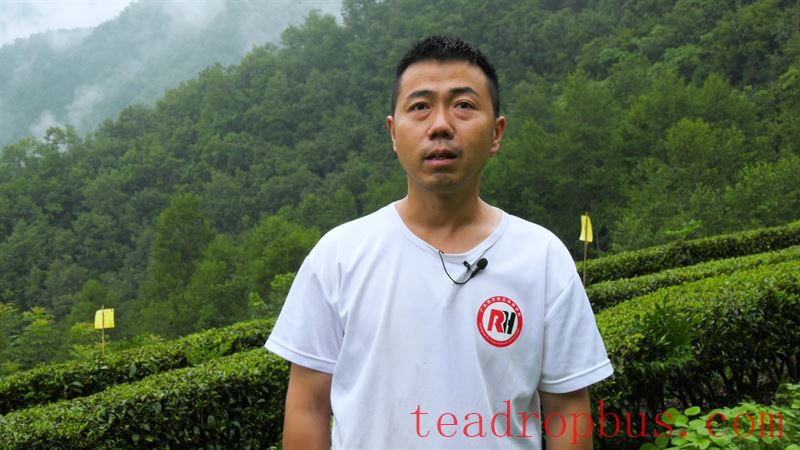
“We used to only pick spring tea, but now we use machines to harvest summer and autumn tea. This has increased our output and income. For our over three acres of land, we can earn an extra ten thousand yuan just from summer harvests,” said Zheng Fei, a villager from Yilling Village, Doukou Tibetan Ethnic Township, contentedly to the reporter.
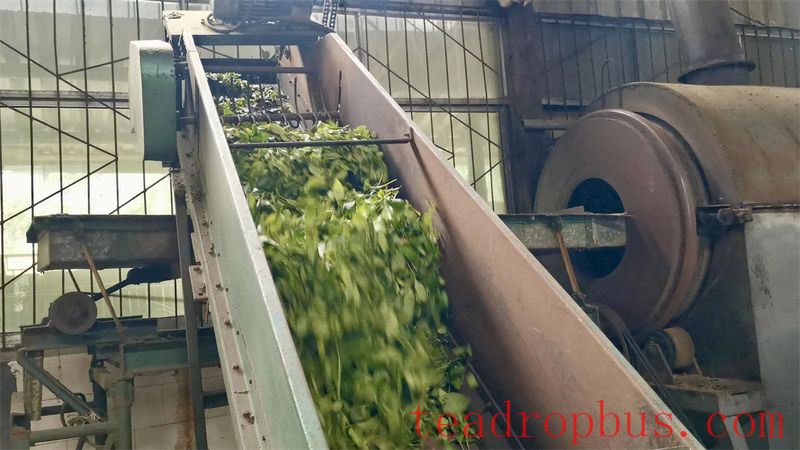
While tea picking is bustling on the mountains, Tea processing is in full swing down below. Inside the tea enterprise's factory in Doukou Tibetan Ethnic Township, a faint aroma of tea greets you. The tea processing machines run smoothly. Freshly acquired tea leaves are processed on fully automated production lines. Workers are busy yet orderly, each performing their specific tasks. After going through several procedures, the fresh leaves are transformed into finished or semi-finished products and promptly sold on the market.
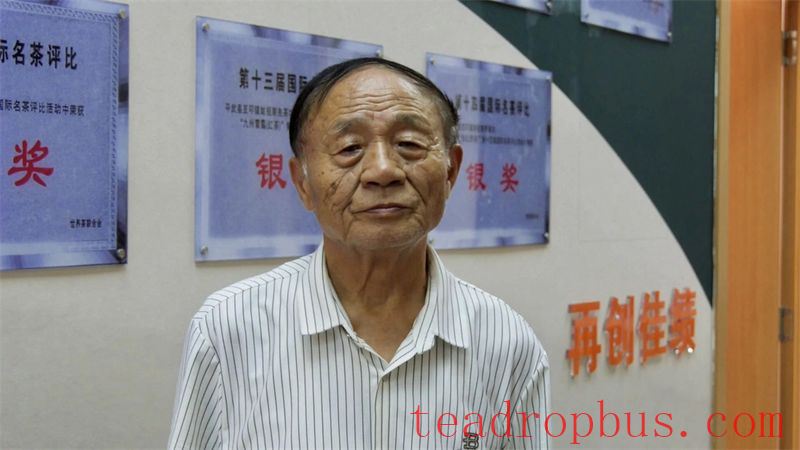
“The raw materials for summer and autumn tea in Pingwu are excellent. In the past, due to single-season harvesting, summer and autumn tea was not utilized at all. This year, we have stepped up the harvesting of summer and autumn tea. The processed tea can be sold domestically and also exported to Africa and Central Asia,” Li Peiji, the head of Sichuan Pingwu Xuebaoding Tea (Group) Co., Ltd., told reporters.
The tea industry in Doukou Tibetan Ethnic Township has a long history, being the source of the “Longzhou Green Silk” tribute tea during the Song Dynasty. The township has a total tea plantation area of 34,300 mu, with a comprehensive output value of 186 million yuan. To achieve the goal of “year-round harvesting and full utilization of the tea plant,” this year, Doukou Tibetan Ethnic Township has focused on the “summer and autumn tea” sector to seek new opportunities, aiming for transformation and upgrading, extending the industrial chain, and further enhancing the overall benefits of tea production.
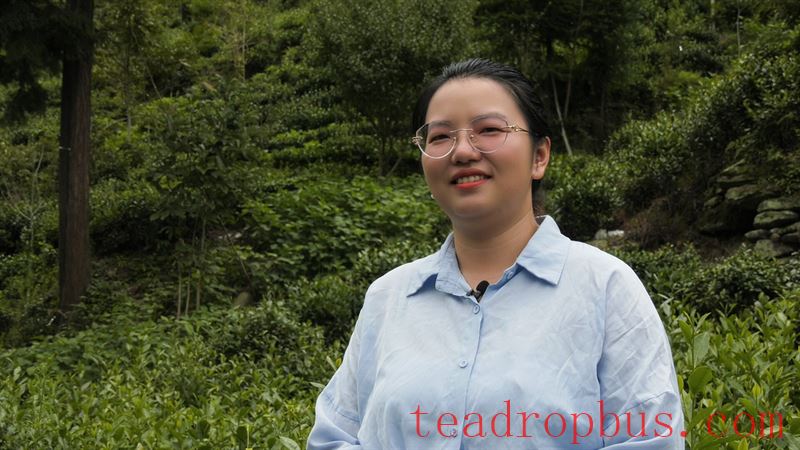
“Doukou Tibetan Ethnic Township promotes the integration of Tea culture, Qiang culture, industry, and tourism. In recent years, we have been committed to optimizing tea bases, cultivating five leading tea enterprises, including three large-scale enterprises, improving tea product development, enhancing the cultural and tourism content of tea, and developing tea tourism services around tourists' needs for ‘food, accommodation, travel, sightseeing, shopping, and entertainment.' By promoting tourism through tea and enhancing tea through tourism, the integration of tea, culture, and tourism revitalizes the Doukou tea town,” said Yang Jie, member of the Party Committee and Commissioner of Publicity and the United Front Work Department of Doukou Tibetan Ethnic Township.
Reporter: Jia Ying
Information is valuable when shared. If there are any copyright issues, please contact us for removal.